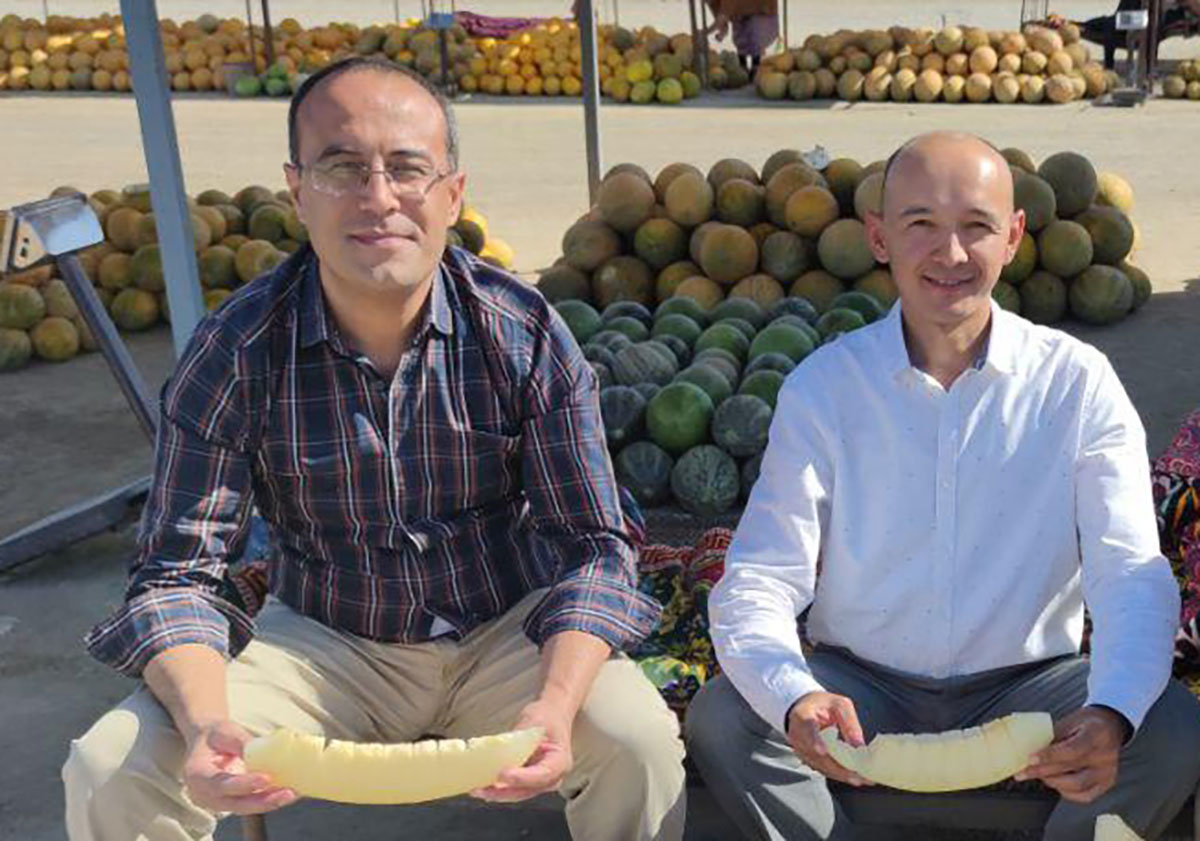Decarbonizing Tourism
The challenge of decarbonizing hospitality is one of the great challenges our industry faces. It is important that we consider the actions that will have the greatest impact on our carbon footprint. Unfortunately, the things we talk about most frequently are not the things that have the biggest impact. Here are just a few steps to decarbonizing tourism - the most commonly discussed first, the most impactful last. Green operations: So much of our conversation focuses on improving our energy efficiency and reducing our carbon footprint through our...












